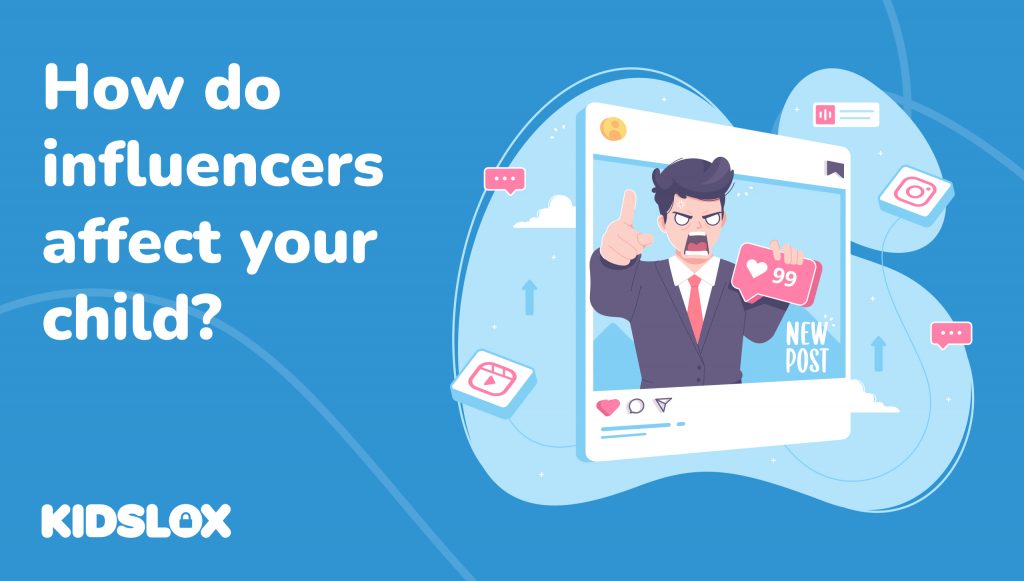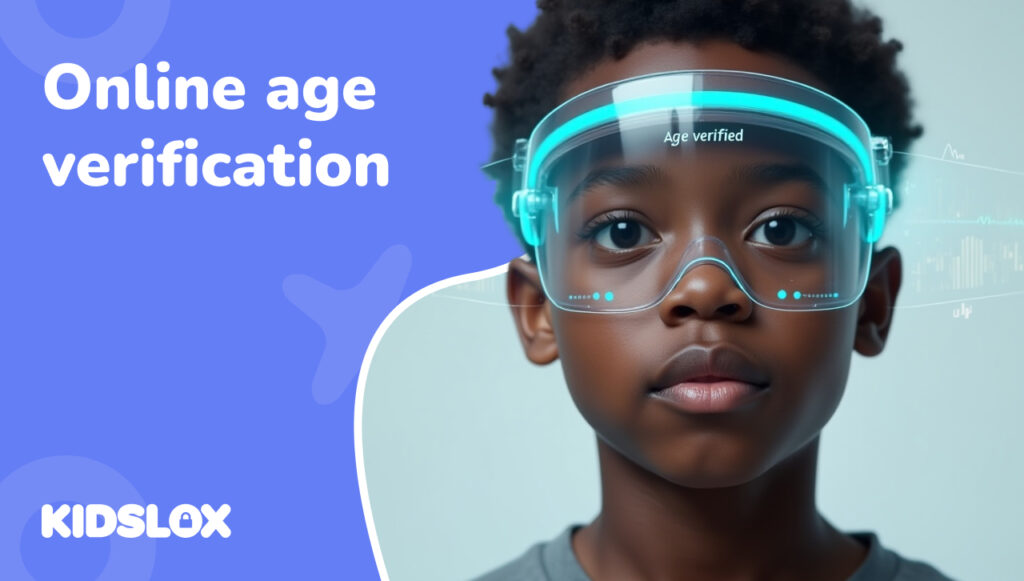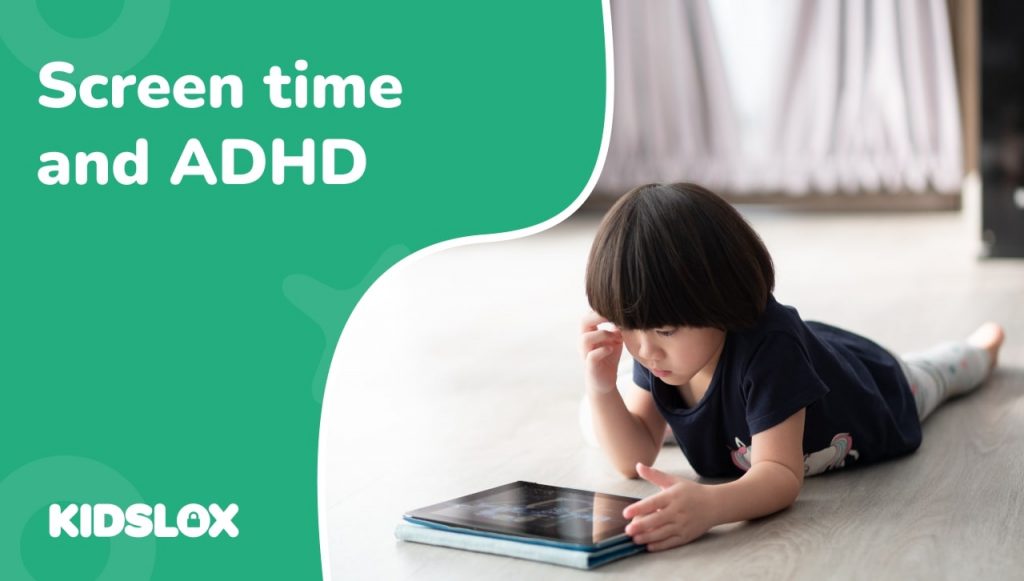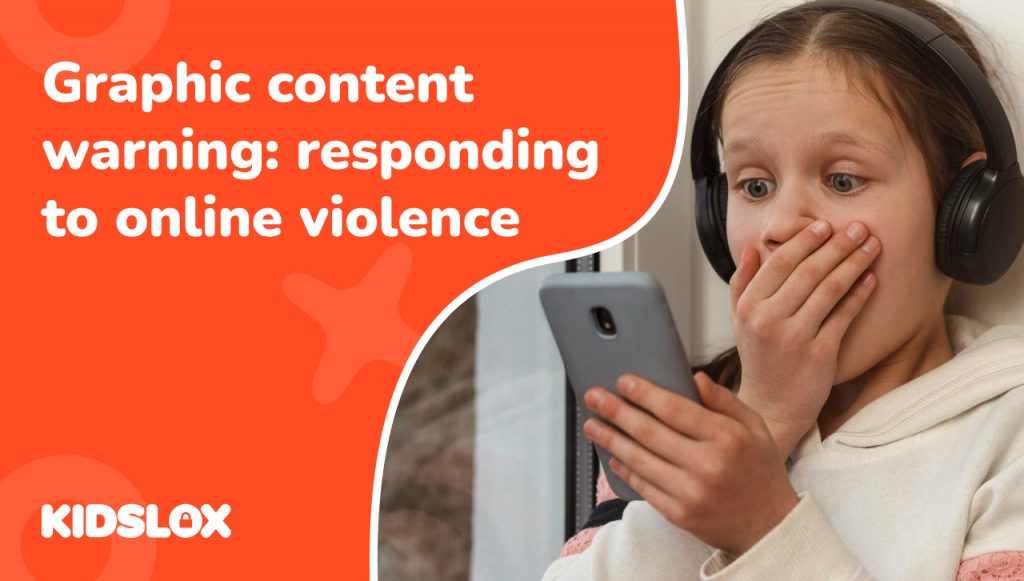What do parents need to know about the rise of sharing life online?
In recent years, the rise of the ‘influencer’ has revolutionised social media and culture,
transforming these spaces into powerful marketing tools. While some influencers are celebrated for their positive impact, many face criticism for their negative influence, especially on young people.
Online influencers like Andrew Tate, who is currently awaiting trial in Romania over multiple, serious and violent offences, have been heavily criticised for encouraging misogynistic behaviour. Other influencers, like Belle Gibson, have misled thousands with their claims around health and wellness.
With influencer culture so embedded within society, and with many young people taking lifestyle advice and suggestions from these online celebrities, what do parents need to know?
Who are some of the internet’s most controversial influencers?
For many, influencers are an annoying part of managing our online parenting. The incessant nature of their content, promoting a lifestyle that can give children a false impression of reality.
Some influencers are regarded as the worst due to their controversial actions or questionable ethics. These individuals often prioritize personal gain over authenticity or responsibility. For instance, influencers who promote unhealthy products, spread misinformation, or engage in unethical behaviors contribute to the negative perception of influencer culture. The damage caused by such individuals is not just limited to their personal brand but also tarnishes the reputation of influencer marketing as a whole.
Bad influencers can be found across all social media platforms, but Instagram is particularly notorious for housing some of the worst offenders. These influencers often engage in deceitful practices, such as purchasing followers, using deceptive advertising techniques, or promoting harmful lifestyles. Examples of such behavior include influencers who endorse dangerous diet pills, encourage risky behaviors, or use their platform to spread hateful or divisive messages. The actions of these individuals highlight the darker side of influencer culture and underscore the need for greater accountability.
Examples of popular influencers whose bad behavior has raised questions online
In addition to the criminal offences surrounding Andrew Tate, and the fraudulent cancer claims of Belle Gibson, there are other very popular online influencers whose bad behavior has hit headlines:
- Logan Paul, a prominent YouTuber, faced significant backlash in 2017 after posting a video that included footage of a deceased person in Japan’s Aokigahara Forest, also known as the “Suicide Forest.” The video was widely criticized for being insensitive and disrespectful. Logan Paul is also the co-owner of the very popular energy drink line, Prime, which started a craze with children and teenagers.
- PewDiePie, one of the most popular YouTubers, has been involved in multiple controversies. Notably, he faced criticism for making anti-Semitic jokes and using racial slurs in his videos, leading to a public backlash and the termination of his contract with Disney.
- Jeffree Star, another influential figure in the beauty industry, has a history of making racist remarks and engaging in public feuds with other influencers. His controversial past has led to calls for accountability and boycotts of his products.
- Nikocado Avocado, a mukbang (live eating) YouTuber, has generated controversy due to his extreme eating habits, public breakdowns, and online feuds with other influencers. His behavior has raised concerns about the impact of his content on mental health and well-being.
Controversial Influencers: The Double-Edged Sword
Controversial influencers often walk a fine line between fame and infamy. Their ability to generate buzz and provoke strong reactions can make them incredibly popular, but also highly polarizing. These influencers thrive on controversy, leveraging their notoriety to build a dedicated following. However, the impact of their actions can be profoundly negative, particularly on impressionable audiences. Controversial influencers often perpetuate negative stereotypes, promote unhealthy behaviors, and contribute to a toxic online environment.
This not only sets a poor example for their followers but also normalizes harmful behavior. The controversy they generate can lead to increased visibility and engagement, but at the cost of promoting negative values and contributing to a divisive online culture.
One of the most concerning aspects of influencer culture is its impact on young people. The negative impact of social media influencers on youth is well-documented, with numerous studies highlighting the adverse effects on mental health, body image, and self-esteem. According to research, it takes just 90 seconds of ‘ideal’ body content to impact a woman’s mental health, so imagine how much more impactful this can be on young girls’ developing self-esteem.
Young audiences are particularly vulnerable to the curated and often unrealistic portrayals of life presented by influencers. This can lead to feelings of inadequacy, anxiety, and depression as they strive to emulate the often unattainable standards set by their online idols.
For instance, many influencers present a picture-perfect lifestyle, filled with luxury, beauty, and success. This can create a distorted view of reality, where young followers feel pressured to live up to these idealized images. The constant exposure to such content can lead to comparison and self-doubt. Moreover, the emphasis on physical appearance, often enhanced by filters and photo-editing tools, can exacerbate body image issues and contribute to unhealthy behaviors like disordered eating and excessive exercising.
The Influence of Influencers: A Powerful Marketing Tool
Despite the criticisms, the influence of influencers cannot be understated. Influencer marketing has become a cornerstone of modern advertising, with brands leveraging the reach and relatability of influencers to connect with their target audience. Influencers possess a unique ability to humanize brands, creating authentic connections that traditional advertising struggles to achieve. This authenticity is particularly valuable in an age where consumers are increasingly skeptical of conventional marketing tactics.
Influencers often have highly engaged followings, with audiences that trust their recommendations. This trust can translate into significant marketing power, as followers are more likely to try products or services endorsed by their favorite influencers. The effectiveness of influencer marketing is evident in the high return on investment (ROI) that brands often see from their campaigns. Influencers can drive brand awareness, increase sales, and build customer loyalty, making them invaluable partners for companies looking to enhance their marketing strategies.
The impact of influencer marketing extends beyond simple product promotion. Influencers can shape public opinion, drive social change, and even influence political outcomes. Their reach and influence make them powerful agents of change, capable of mobilizing their followers for various causes. However, this power comes with great responsibility, and the actions of influencers can have far-reaching consequences.
For example, influencers have played significant roles in various social movements, using their platforms to raise awareness and advocate for change. Examples including Greta Thunberg, Megan Crabbe and Imogen Fox have all raised awareness of issues including body image and climate change.
Good Influencers: The Positive Side of Influence
Not all influencers contribute to the negative aspects of social media culture. Good influencers use their platform to promote positive messages, support important causes, and inspire their followers to make meaningful changes in their lives. These individuals prioritize authenticity, transparency, and ethical behavior, setting a positive example for their audience. Examples of good influencers include those who advocate for mental health awareness, environmental sustainability, and social justice.
One notable example is an influencer who uses their platform to promote body positivity and self-love. Through honest and unfiltered posts, they challenge unrealistic beauty standards and encourage their followers to embrace their natural selves. Another example is an influencer dedicated to environmental activism, who shares tips on sustainable living and advocates for policies to combat climate change. These influencers leverage their reach to create a positive impact, demonstrating the potential for social media to be a force for good.
Balancing the Scales: The Future of Influencer Culture
The future of influencer culture lies in striking a balance between the positive and negative aspects of influence. As the industry matures, there is a growing push for greater transparency, accountability, and ethical standards. Brands and influencers alike are recognizing the importance of authenticity and the need to foster genuine connections with their audience. By promoting positive behavior and holding bad actors accountable, the influencer industry can evolve into a more responsible and impactful force.
One promising trend is the increasing demand for micro-influencers, who typically have smaller but highly engaged followings. These influencers often provide more authentic and relatable content, which resonates better with audiences compared to mega-influencers. Additionally, there is a growing emphasis on diversity and inclusion within the influencer community, with more voices from different backgrounds being amplified. This shift towards a more inclusive and genuine influencer culture can help mitigate some of the negative impacts and enhance the overall positive potential of influencer marketing.
The world of influencers is a complex and multifaceted one. While there are certainly many who contribute to the negative aspects of social media culture, there are also those who use their platform for good. The challenge lies in navigating this landscape and discerning the genuine from the disingenuous. As parents, it is important to be critical of the content we consume and the influencers we follow. By supporting good influencers and holding bad ones accountable, we can help shape a more positive and responsible influencer culture.





